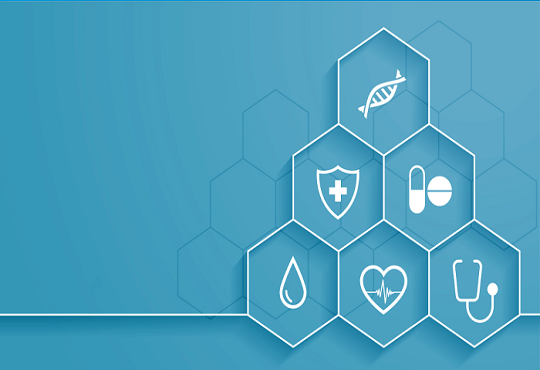Blockchain Adoption and its impact on the Pharmaceutical Industry
Aveek | Sunday, 26 March 2023, 13:09 IST

The pharmaceutical industry is one of the most regulated industries in the world due to the safety and efficacy concerns of medicines. The advent of blockchain technology has created numerous opportunities for this industry to improve the quality of drugs and address its existing challenges. Blockchain provides end-to-end product traceability through supply chain management that ensures medicines are genuine and not counterfeit. The technology also facilitates the tracking of drugs from their manufacturing point to their destination, ensuring the transfer of genuine products. Clinical trials are essential in pharmaceutical research, but they can be costly and time-consuming. Blockchain technology can reduce the time and cost associated with conducting clinical trials by streamlining the process and securely recording all data.
Blockchain technology can also improve data sharing between pharmaceutical companies, medical institutions, and regulatory organizations. This would make it possible to share patient data securely, reducing the risk of medical errors significantly. Blockchain technology could be utilized to give patients greater control over their private medical data. Using blockchain would allow patients to control access to their health records, which could help to reduce the risk of data breaches.
Counterfeit drugs pose a grave threat to the pharmaceutical industry since they can lead to illness and even death. By leveraging blockchain technology, pharmaceutical companies can develop a system to monitor the supply chain and detect counterfeit drugs quickly. Hence, blockchain adoption is poised to revolutionize the pharmaceutical industry by improving supply chain management, facilitating clinical trial management, fostering data sharing, enhancing patient data privacy, and preventing the circulation of counterfeit drugs.
Improved supply chain management
Blockchain technology can help create a more secure and efficient supply chain system by allowing stakeholders to track and monitor products at every stage of the supply chain. This can ensure that pharmaceutical products are stored and transported correctly and can reduce the risk of counterfeit products entering the supply chain.
Blockchain offers a decentralized and transparent way of tracking the movement of products along the supply chain, which can help prevent fraud, eliminate errors and increase efficiency. Each transaction within the supply chain is recorded into a block, which cannot be altered without the consensus of the network. This means that stakeholders such as manufacturers, distributors, and retailers can track the movement of products, ensuring that they are stored and transported at the right temperature, humidity, and other necessary conditions. This is particularly important for pharmaceutical products, which can be extremely sensitive to environmental conditions and require strict control to maintain their efficacy.
By enabling end-to-end traceability of pharmaceutical products, blockchain can also help prevent the spread of counterfeit and substandard drugs, which can have serious health consequences. It can also improve the ability of regulators to detect products that are not authorized for sale or distribution.
Enhanced transparency
Blockchain technology can also improve the transparency and traceability of pharmaceutical products, which is critical for regulatory compliance and public safety. By providing an accurate and tamper-proof record of a product's journey through the supply chain, blockchain technology can help ensure that drugs are distributed and used safely and effectively.
Streamlined clinical trials
Blockchain technology can also streamline the clinical trial process by providing a secure and transparent platform for the collection, storage, and sharing of clinical trial data. This can reduce instances of data manipulation or falsification, improve the accuracy and reliability of data, and speed up the drug development process.
Blockchain technology is providing the most accurate transactions and it is covering the entire value chain starting from API manufacturing to patient harmony. It is covering the total chain of API manufacturing that involves formula manufacturing, hospital establishment, medicine manufacturing, dental medicines, and pharmaceutical inventions.




